A System of Categories of Being and Knowledge
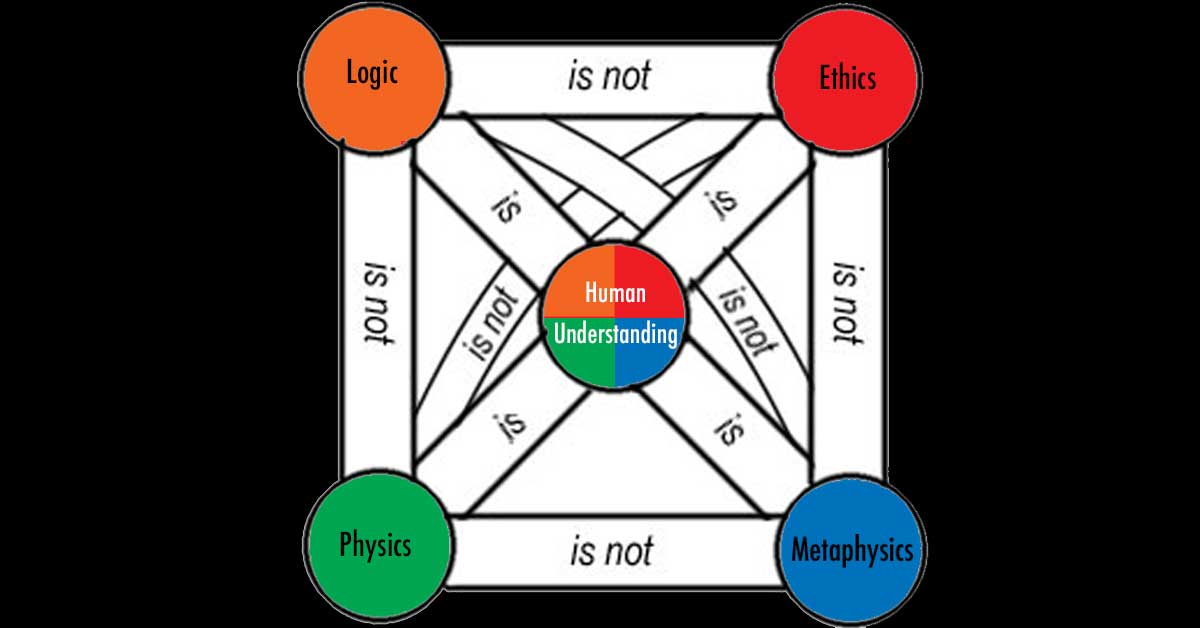
We present a system of “logical, epistemological, and ontological categories of being and knowledge” (categories to place all empirical and rational concepts into).
Kant was a mid-to-late 1700’s scientist and then philosopher who saved science and philosophy, so to speak, with his Critique of Pure reason; Thanks Kant!… that said, unless you are a mega-genius with time on your hands, you should read a summary of his Tome-like masterwork which took him ten years to create, better yet, just read our factoids on Kant below.

We present a system of “logical, epistemological, and ontological categories of being and knowledge” (categories to place all empirical and rational concepts into).
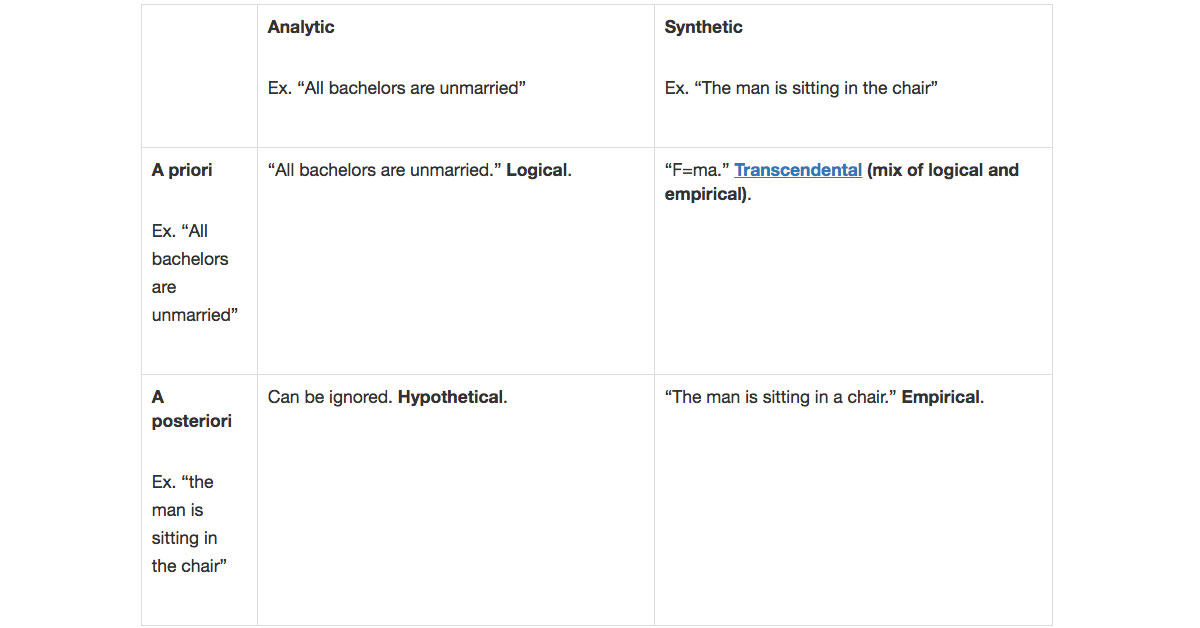
We explain the a priori-a posteriori distinction, analytic-synthetic distinction, necessary-contingent distinction and other logic-based terms.
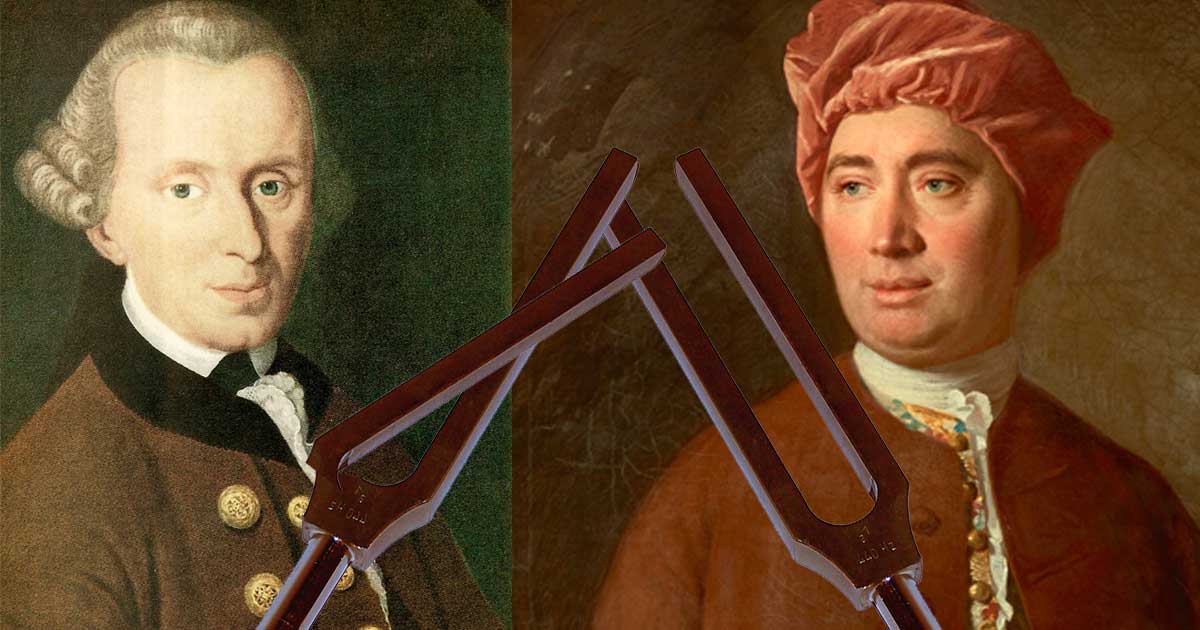
We present a basic theory of human knowledge to help illustrate some essentials of “what we can know” and “how we can know it.”

All knowledge, all human understanding, can be said to be of four types: physical (empirical), logical (reason), ethical (philosophy in-action), and metaphysical (pure philosophy).
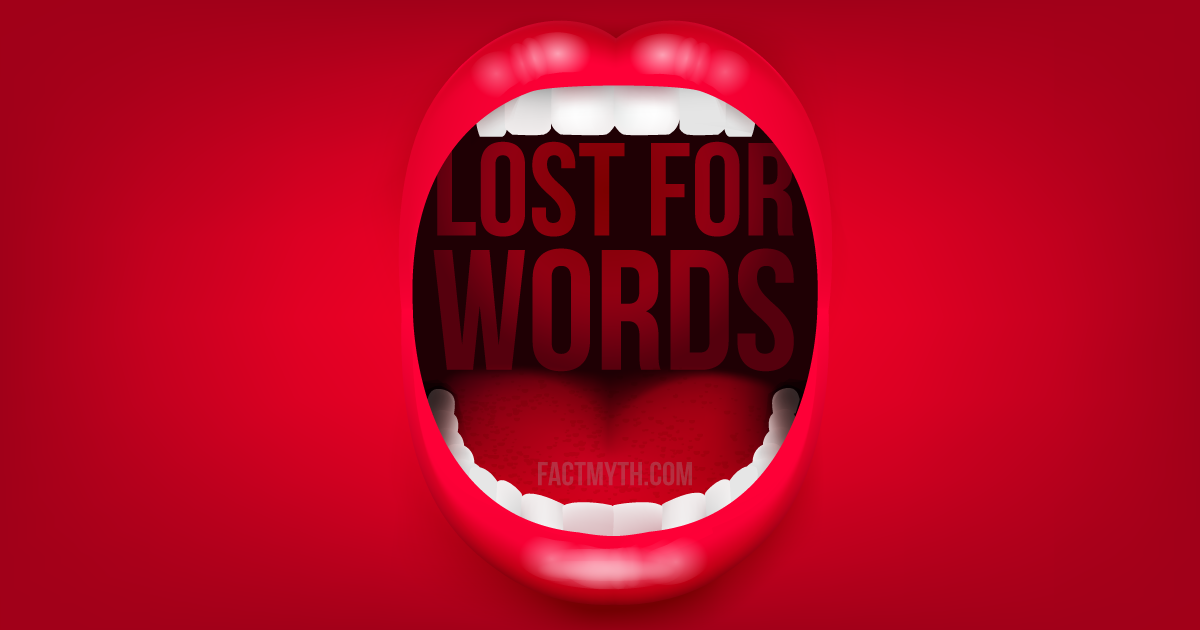
We discuss “giving names to concepts” (defining terms), identifying with terms, be identified by terms, and the implications of this.
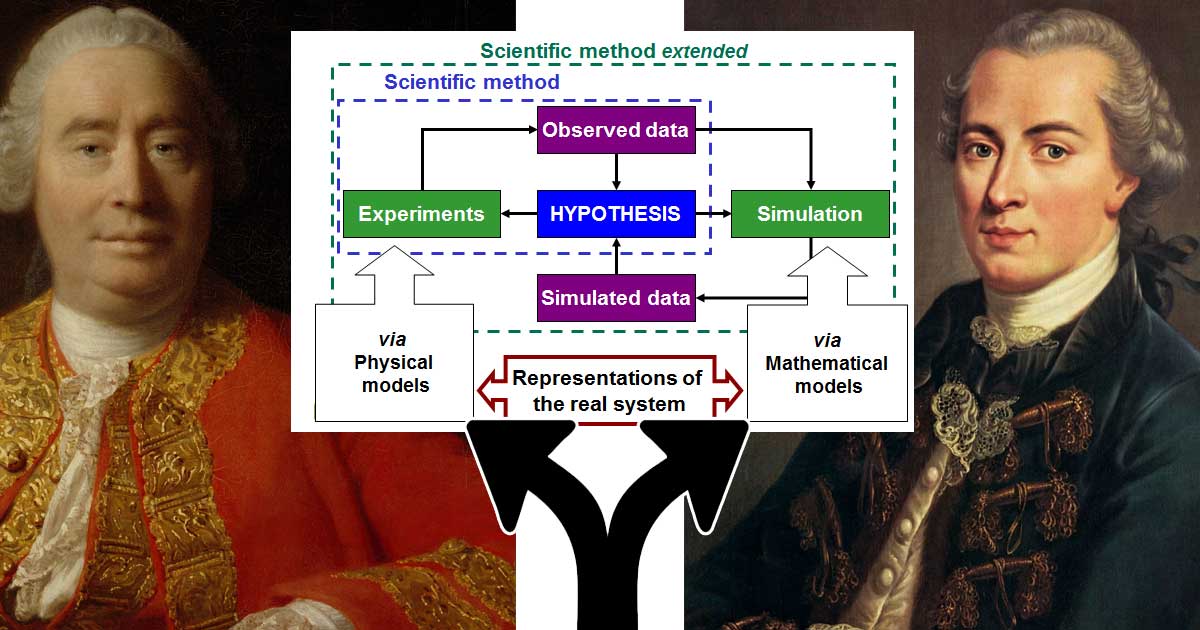
“Hume’s fork” describes how we refer to Kant’s critique of Hume, who separated knowledge into two types: facts based on ideas and facts based on experience.
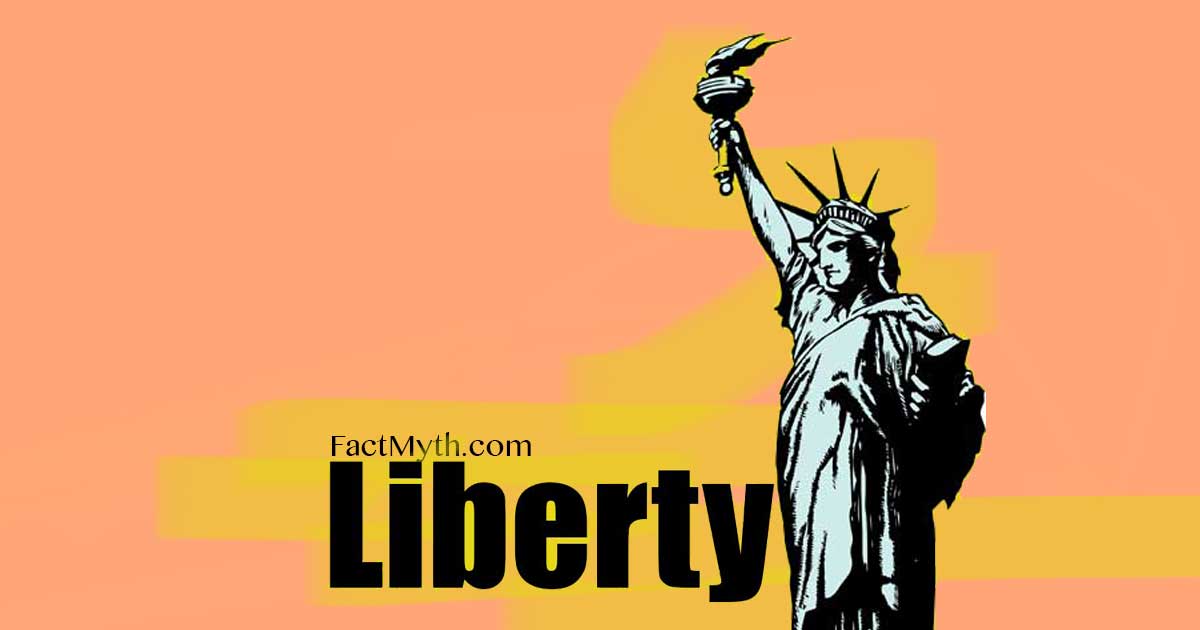
Classical liberalism arose in opposition to state-imposed religion and aristocracy in the 1600 – 1700’s during the Age of Enlightenment in Europe and America.